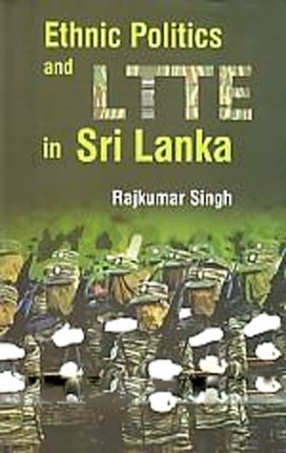
Sri Lanka

115 books

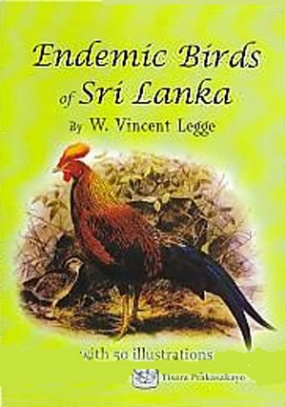
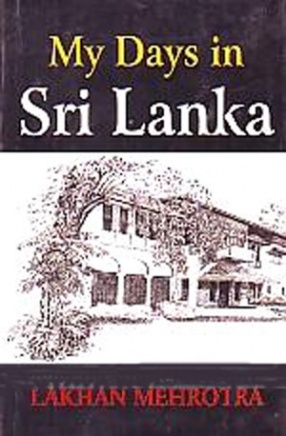
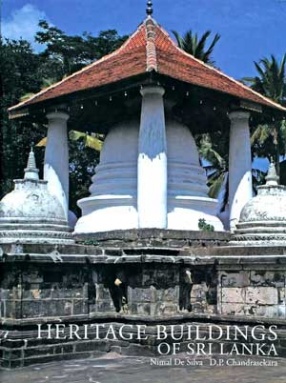
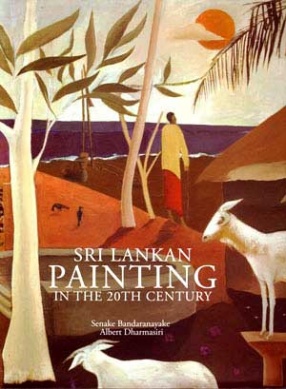
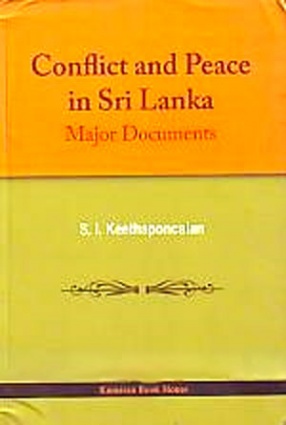
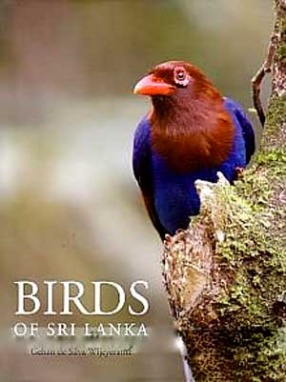
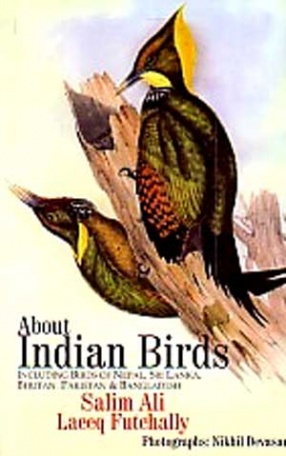
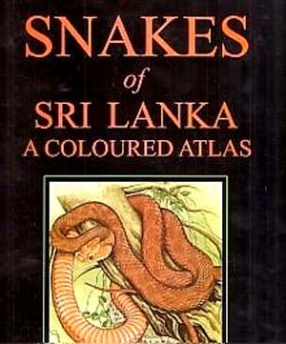
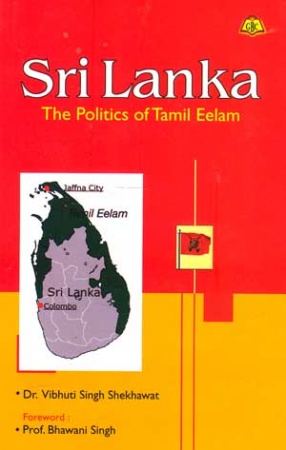
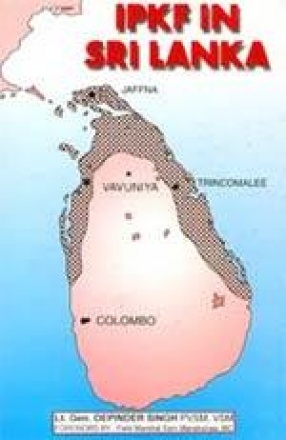

Ethnic Politics and LTTE in Sri Lanka makes a systematic and in the depth study of aspects of Sinhalese and Tamils which took an ugly shape in the independent Sri Lanka. Historical rivalry, divided and envious approach towards each other have pushed the country in decades of ethnic war but it ultimately saved the national integrity with a lesson to accept multiplicity for the overall health of the island nation.


During his tenure as India's High Commissioner in Sri Lanka, Ambassador Mehrotra found the country bitterly torn by the conflict between its Sinhala majority and sizeable Tamil minority. My Days in Sri Lanka, touches on the ancient beginnings of that conflict, briefly follows on its evolution during the last century until it reached its peak in the 1980s, and then takes us in detail through the author's own experiences there nearly two year after the 1987 ...
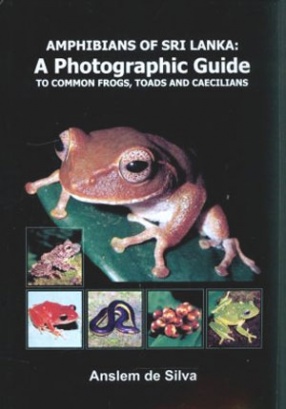
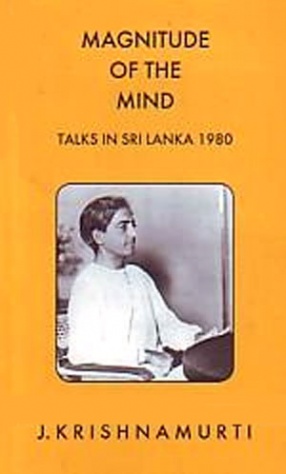
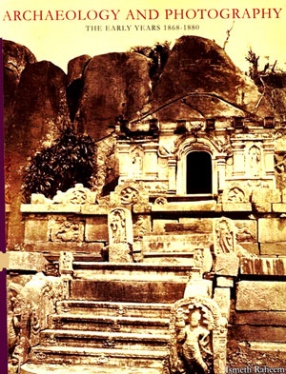
Archaeology and Photography' the Early Years 1868-1880 Offers an innovative account on the history of Photography in relation to field of archaeology in Sri Lanka during the colonial period. It focuses on the work of the photography Joseph Lawton and other first-generation photographers working in the country. Ismeth Raheem is an architect by profession who has brought to bear his discipline to study the history of archaeology. As a photo-historian with ...

Heritage Buildings of Sri Lanka is a documentation of the architectural heritage dating from the” medieval period (13th century) to the colonial period. The book takes the reader through an interesting collection of heritage buildings which are scattered by the main roads or on byways along mainly the Western, Southern, Sabaragamuwa and Central Provinces of Sri Lanka. They form a “living heritage” unlike the renowned built heritage of ...

This book is an overview of `Sri Lankan Painting in the 20th Century', Its principal purpose is to present an image of transect of painterly activity in the past century. The spectrum of Painterly activity in the 20th century reflects in its own unique way the articulation of tradition and modernisation in Sri Lankan society through that century. Sri Lankan Painting in the 20th century has really been looked at in a panoramic way, despite a number of writings on ...
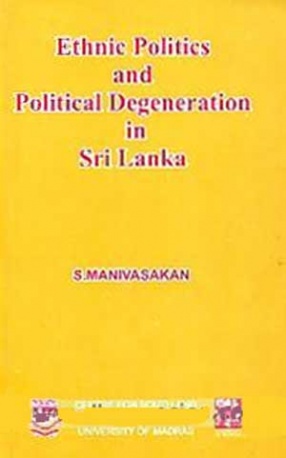
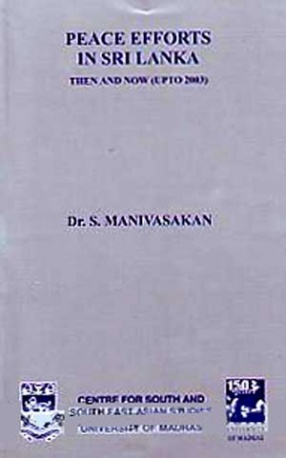

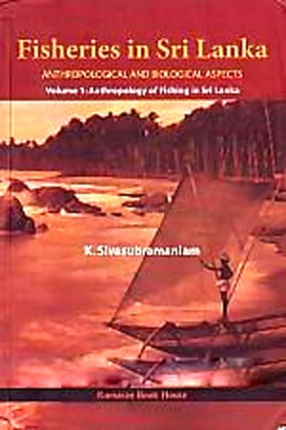

Sri Lanka is one of the most bio-diverse countries in the world. Including residents, migrants, vagrants and others, it has on record over 450 species of birds, and thus described as a ‘birding jewel in Asia’. Aimed at stimulating an interest in Sri Lankan birds amongst a wide global audience, this nicely produced book is a splendid introduction to a wide cross section of bird species found on the island. The species have been chosen to illustrate a ...


Sri Lanka's snake fauna is diverse and ecologically associated with a range of habitats. It has the highest number of genera (47) and species (101) on record of all the reptiles in the country. Meticulously produced and lavishly illustrated through colour drawings, this book is an authentic, systematic and updated account of snakes of Sri Lanka. Besides an introductory chapter, the book has others which contain a detailed description of all the families (10) ...
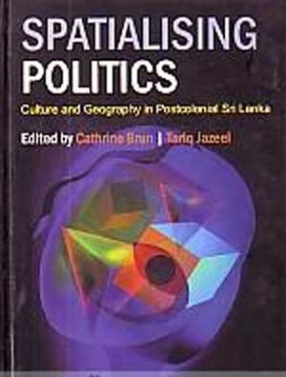
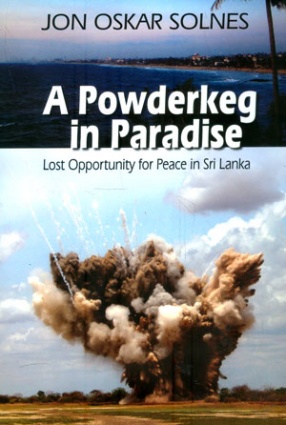
Over a quarter of a century ago, civil war erupted in Sri Lanka, turning a tropical island in the Indian Ocean, renowned for its beauty, into a theatre for a protracted conflict of barbaric bloodletting, which cost up to ninety thousand inhabitants their lives. Initially the conflict was sparked by an uprising of armed groups of angry young men claiming to represent the mainstream Tamil minority in the northern and eastern provinces of Sri Lanka. Their struggle ...

This book vividly narrates the events of Sri Lankan ethnic feud between Sinhala majority and Tamil minority and depicts the causes of this prolonged insurgency. Ethnolinguistic differentiation is the crucial causal factor of this conflict which impelled the Tamils to take to arms and demand an independent homeland, the Tamil Eelam. Both communities share the blame equally, one for being obdurately intolerable and the other for reacting with a sense of injured ...
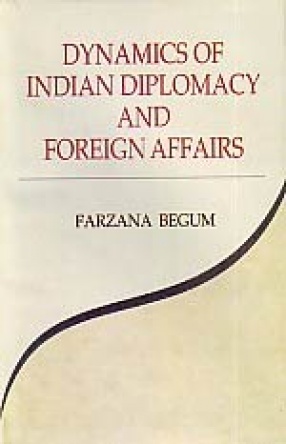

This book is an authoritative and gripping account of the most controversial campaign undertaken by the Indian Army, an operation universally acclaimed at its commencement and just as widely criticised a few months later. The foreword is by one of India’s most prominent citizens, Field Marshall Sam Manekshaw, Padma Vibhushan, Padma Bhushan, Military Cross. The introductory chapters are devoted to the land and the people of Sri Lanka, the genesis of the ethnic ...

This book brings together the findings of a review of the theories of mortality decline, the evolution of Sri Lanka’s health care system from the traditional to be modern, and the analysis of data from two recent and major surveys, one of which was conducted by the author. It seeks to understand the Sri Lankan health miracle and to see whether the Sri Lankan model can be transferred to other developing countries. With a per capita income of around US$ 500 per ...
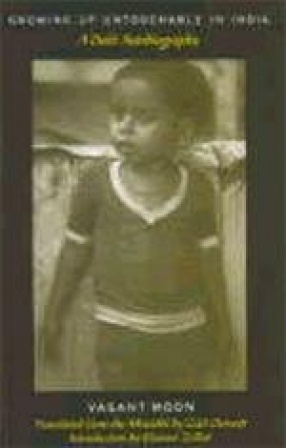
The book examines how the migration of female labor from Sri Lanka to the Persian Gulf states has spurred changes in the social configurations and gender relations in a coastal village in Sri Lanka. It discusses how this migration forms part of a complex transnational movement of populations, commodities, currencies, and ideologies. In an increasingly interconnected world, events at the local level often reflect close links with global systems. Similarly, ...
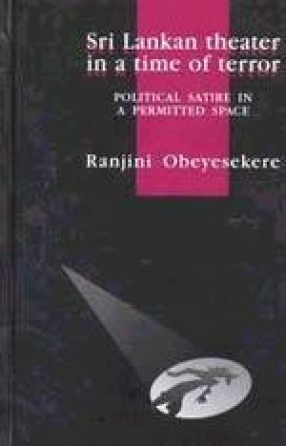

Nobodies to Somebodies examines the origins and growth of the bourgeoisie in Sri Lanka during British rule—an important but neglected aspect of the country’s modern history. It traces the evolution of the bourgeoisie from a ‘feudal’ society and mercantilist economy, to the age of plantations. Local merchants accumulated capital through arrack and toll renting, diversifying into plantation cultivation and graphite mining, thereby making dents in the old ...
